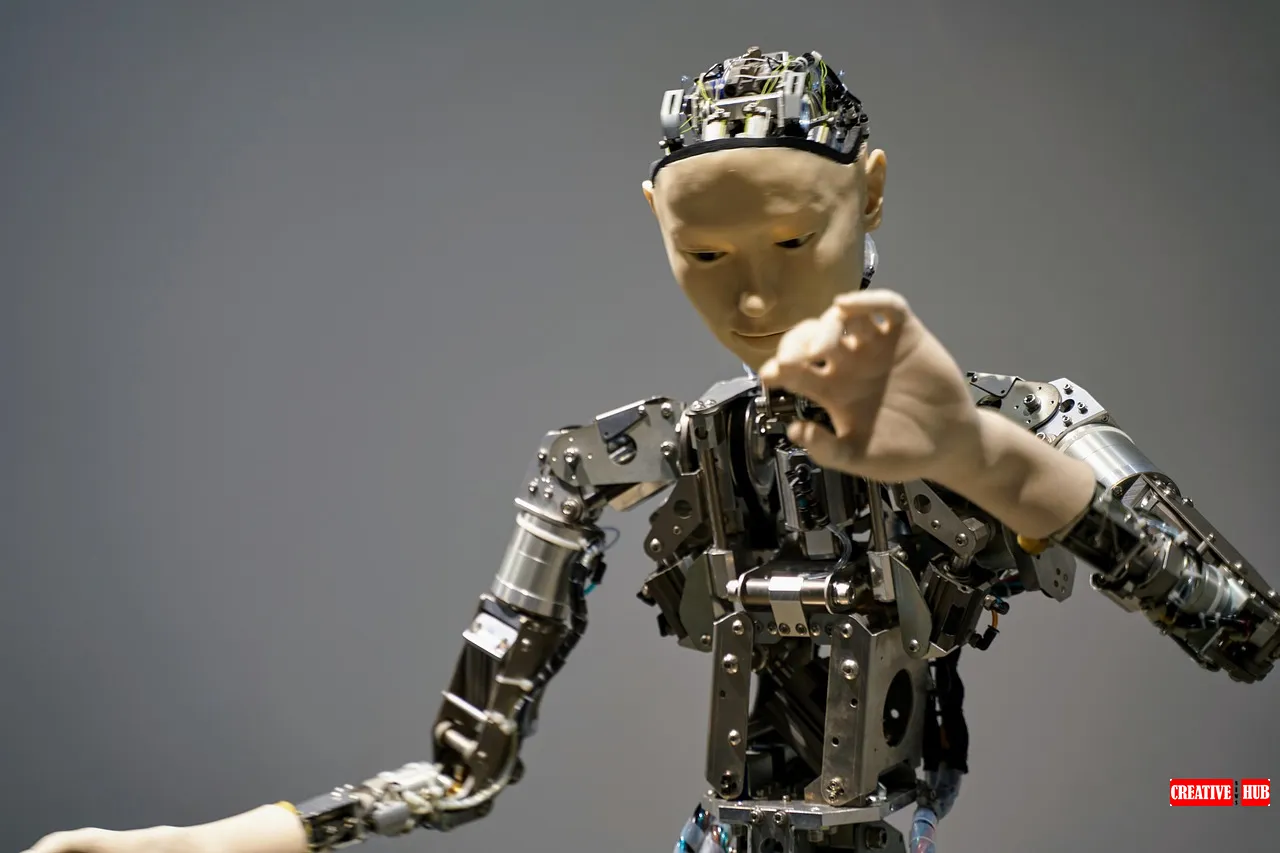As the world is increasingly influenced by digital algorithms, the latest buzz is about artificial intelligence (AI) and its transformative impact on social media. As platforms evolve, AI is not just a tool but a game-changer, reconfiguring how content is created, shared, and consumed. The shift is profound, affecting influencers, marketers, and users alike.
The Changing Landscape of Social Media
The evolution of social media is not a new phenomenon. Over the last decade, platforms like Facebook, Instagram, and Twitter have continuously adapted to technological advancements. However, the integration of AI marks a significant pivot. It’s no longer just about connectivity; it’s about intelligent interaction. Algorithms now curate feeds, predict user preferences, and even generate content, making AI the unseen hand behind digital engagement.
This shift began subtly, with algorithms designed to enhance user experience. Yet, as AI capabilities expand, its role becomes more pronounced. Predictive analytics now dictate what users see, based on past behavior and interests. Social media is shifting from a user-driven to an AI-driven ecosystem, challenging traditional content creation and distribution models.
AI as the New Content Creator
The impact of AI on content creation is substantial. Tools like DALL-E and ChatGPT are not just novelties; they are revolutionizing how content is generated. Influencers and brands increasingly rely on AI for everything from generating images to crafting engaging captions. This automation is not just about efficiency; it’s about innovation, allowing for more personalized and diverse content.
However, this raises questions about authenticity. As AI-generated content becomes increasingly indistinguishable from human-created material, users are left to wonder about the authenticity of what they consume. This blurring of lines challenges the credibility of social media, making transparency a critical issue.
User Experience: Personalized Yet Predictable
The personalization of user experience is a hallmark of AI’s influence. By analyzing vast amounts of data, AI systems predict user preferences with astonishing accuracy. This results in highly tailored content feeds, keeping users engaged for extended periods of time. Platforms like TikTok exemplify this, with algorithms that adapt in real-time to user interactions.
Yet, this personalization comes with a cost. Critics argue that it creates echo chambers, limiting exposure to diverse perspectives. The predictability of content can stifle curiosity and reduce the organic discovery of new ideas, potentially impacting societal discourse.

Challenges of AI Integration
Despite its benefits, AI integration in social media is not without challenges. Privacy concerns are paramount, as AI systems require access to vast amounts of personal data. Users are increasingly wary of how their information is used, leading to calls for stricter data protection regulations.
Moreover, the reliance on AI raises ethical questions about accountability. When algorithms make decisions, who is responsible for their outcomes? This is particularly concerning in cases of misinformation or harmful content, where AI can inadvertently amplify negative narratives.
The Future of Social Media: A New Paradigm
Looking ahead, AI’s role in social media is expected to continue growing. As technology advances, we can expect even more sophisticated algorithms capable of deeper user engagement. However, this future requires careful navigation. Balancing innovation with ethical considerations will be crucial to ensuring that AI enhances rather than detracts from social media’s potential.
Industry experts suggest that collaboration between tech companies, regulators, and users is essential. By working together, they can develop frameworks that promote transparency, accountability, and inclusivity. The goal is to create a digital environment where AI serves as a tool for empowerment rather than manipulation.
AI is undoubtedly reshaping the social media landscape. As we embrace this new era, the challenge lies in harnessing its potential while safeguarding user interests. The journey is complex, but with thoughtful guidance, AI can indeed be a force for positive change in the digital world.

Jim Smith is a passionate writer who explores the intersections of arts, design, and technology, with a special focus on education, freelancing, and the evolving world of UX design. His work delves into creative trends, skill-building, and the future of digital innovation, inspiring readers to embrace growth and creativity in the modern era.








